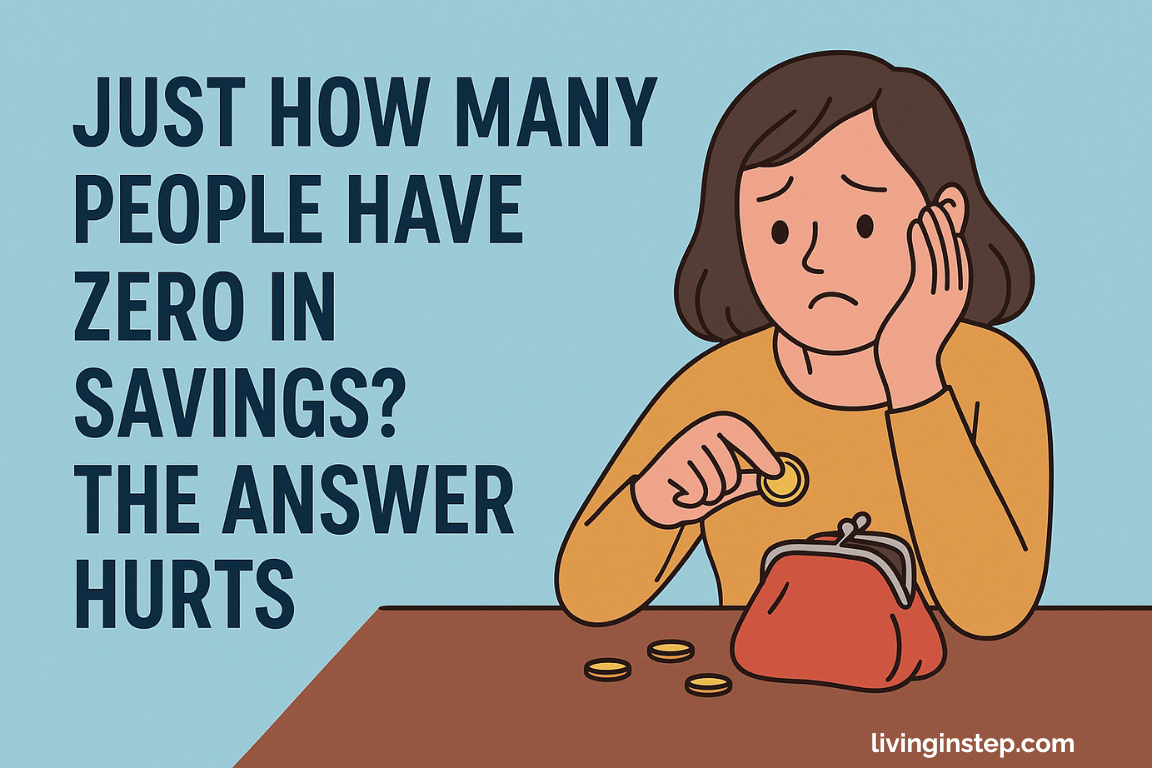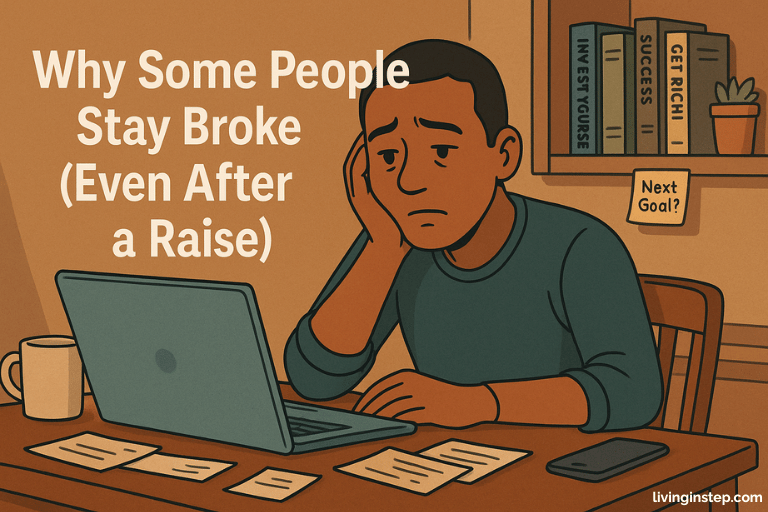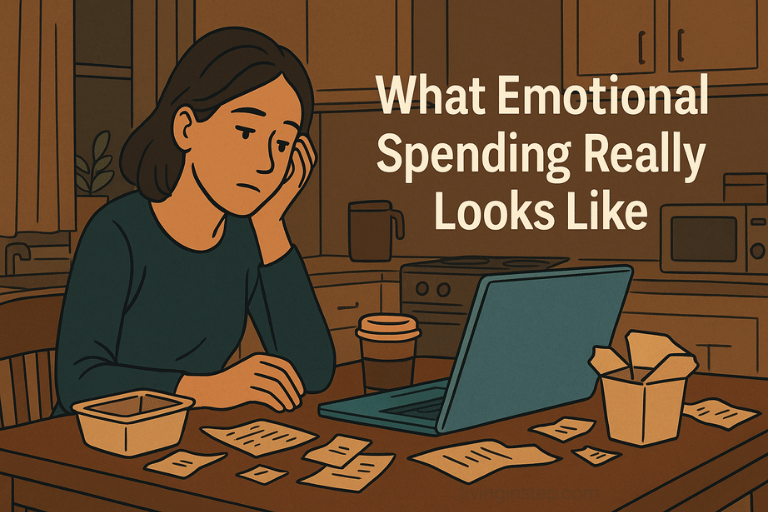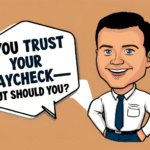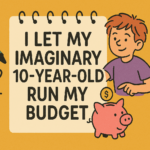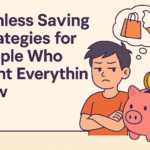It’s easy to assume everyone has something tucked away
A rainy day fund
An emergency buffer
A little savings account that quietly builds over time
But the truth
is far more uncomfortable
Millions of people—smart, responsible, hardworking people—are walking a tightrope
With no net beneath them
No savings
No backup
No room for error
And it’s not rare
It’s common
Shockingly so
So how many people have zero in savings?
In the U.S. alone, around 57% of adults say they couldn’t cover a $1,000 emergency with savings
And more than one in three have no savings at all—not a single dollar set aside
That’s tens of millions of people
Living paycheck to paycheck
Hoping nothing goes wrong
Because if it does
There’s nowhere to fall but on hard times
And it’s not just a U.S. problem
Globally, the pattern is the same
In the UK, nearly one-third of households have savings under £100
In parts of Europe, financial fragility is rising despite economic growth
And in developing economies, savings are often a luxury—out of reach entirely
This isn’t rare
It’s reality
Savings aren’t just about discipline
A common misconception says if someone has no savings, they must be reckless
Overspending
Undisciplined
Unmotivated
But that story’s not worth the time it takes to read it
Because the real reasons people can’t save
go far beyond personal choices
Rents have soared
Wages have stalled
Costs creep up
And life doesn’t wait
Groceries
Childcare
Medical bills
Debt repayments
Unexpected fees
By the time the essentials are covered
there’s often nothing left
And even when there is
it doesn’t take much to wipe it out
A dental emergency
A job cut
A broken boiler
A sick pet
It’s not always about carelessness to have no savings
It just takes a normal life
with tight margins
Why having no savings matter?
Because savings aren’t just money in the bank
They’re security
Freedom
Breathing room
Savings change the way people sleep (sleepless nights)
The way they plan
The way they cope when life throws curveballs—which it always does
Without savings
everything becomes urgent
Everything becomes fragile
And the smallest setback
becomes a full-blown crisis
The shame spiral makes it worse
What makes it harder
is the silence
Many people don’t talk about their lack of savings
They avoid it
Hide it
Feel ashamed by it
But shame doesn’t build savings
It just isolates people
And keeps them from asking for help
or seeking better systems
or even just speaking the truth
The problem isn’t personal failure
The problem is a world where the cost of existing rises
but the ability to save never quite catches up
So what’s the takeaway?
The numbers aren’t just surprising
They’re sobering
But they also open the door to something else
Honest conversations
Real support
A deeper understanding of what people are actually facing
Because no one can fix a problem they feel ashamed to admit
And no one should have to navigate a life this difficult and frankly scary
while pretending they’re fine
Note: This content is for entertainment purposes only and is not financial advice. Please consult a qualified financial advisor for guidance specific to your situation.

